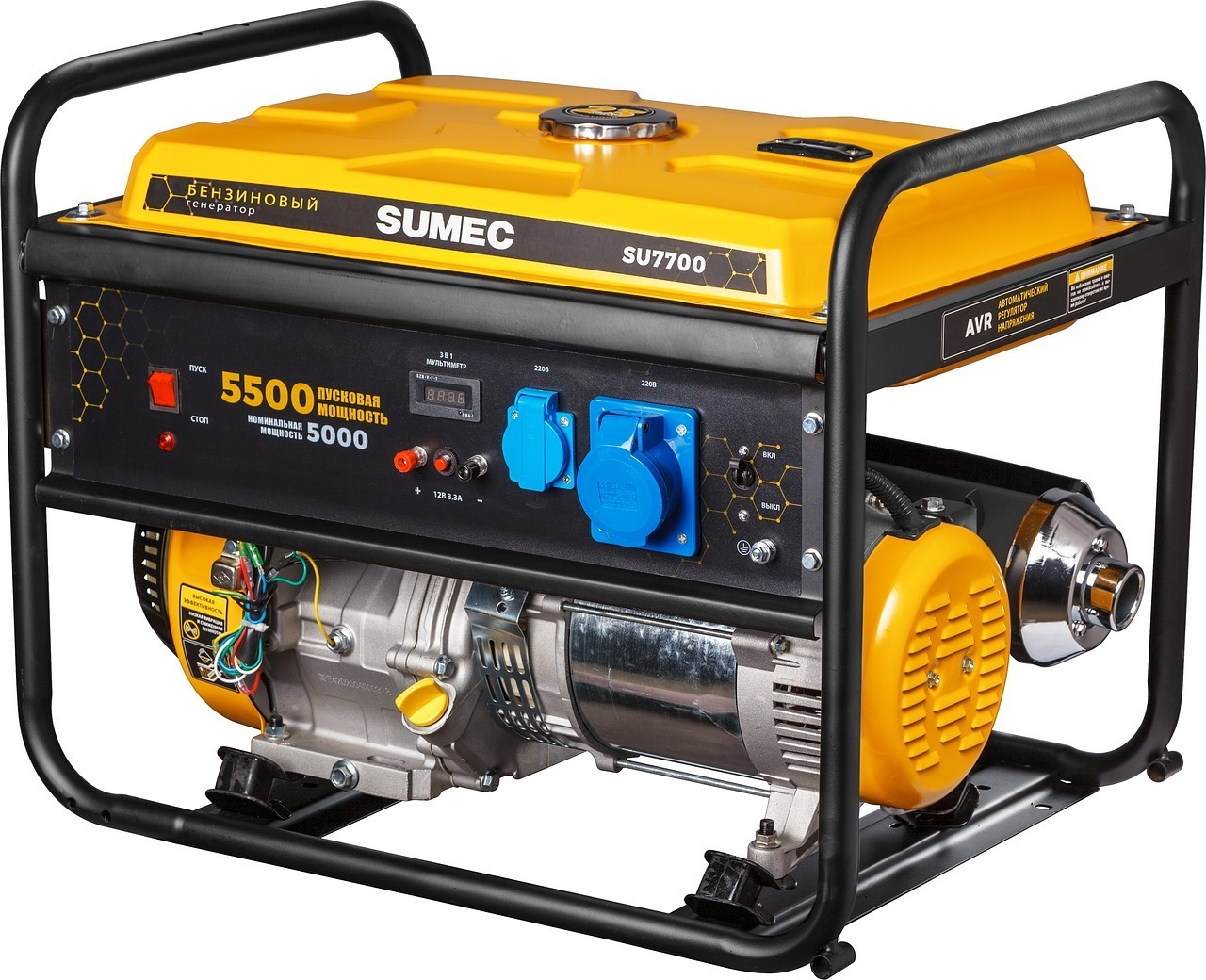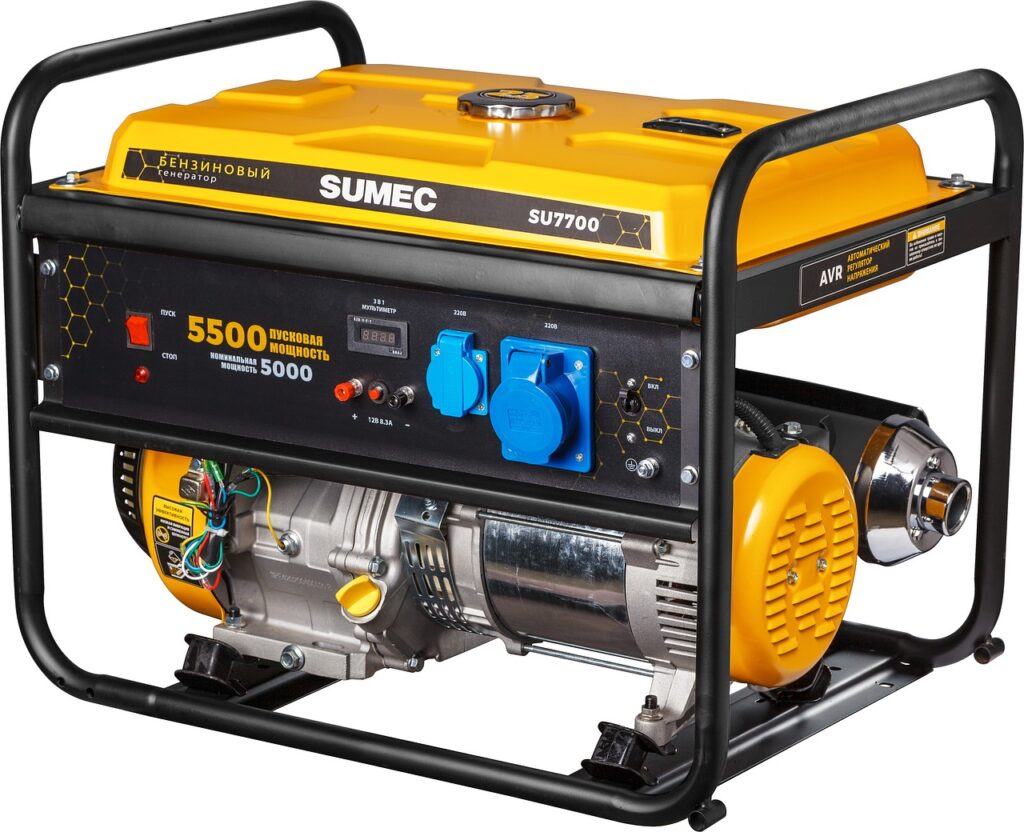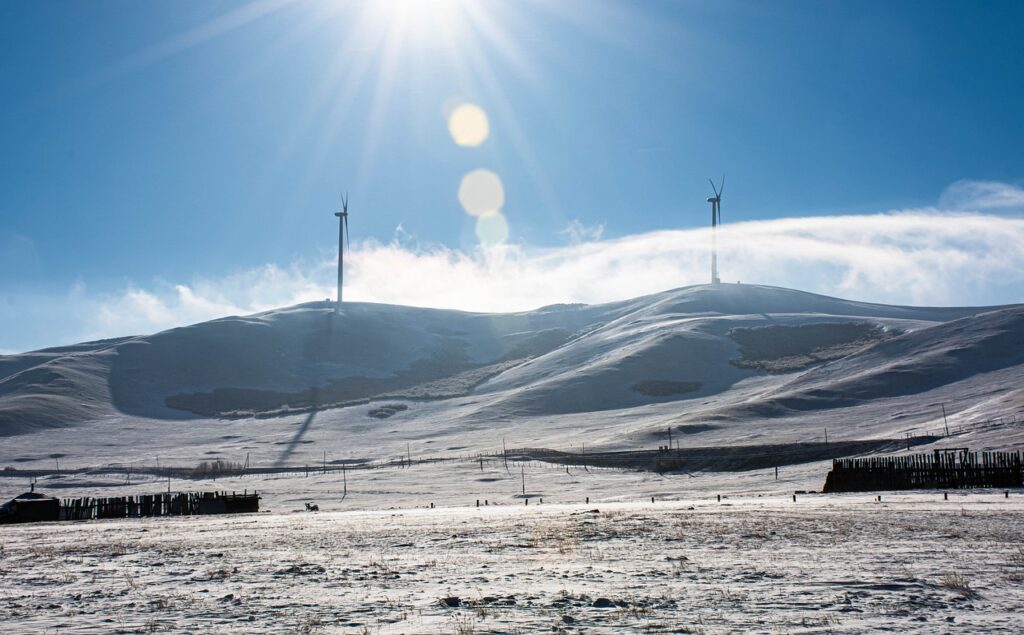
Planning a camping trip in the Lone Star State? We know how important it is to have all your essentials ready, and one crucial item on that list is a generator. But before you pack up and head out to enjoy the great outdoors, it’s important to know the rules and regulations surrounding generators in Texas campgrounds. In this article, we’ll explore whether or not you can bring and use a generator in Texas campgrounds, so you can have a stress-free and enjoyable camping experience.

Requirements for Bringing a Generator
Type and Size of Generator
When it comes to bringing a generator to a Texas campground, it’s essential to consider the type and size of the generator. Many campgrounds have restrictions on the generator’s size and wattage, so it’s crucial to check the specific campground’s guidelines before bringing one. Portable generators are the most common choice for camping, as they are convenient and easy to transport.
Noise Level Restrictions
Generator noise can disturb the peaceful environment of a campground, so noise level restrictions are put in place to ensure a pleasant camping experience for everyone. It’s important to choose a generator that operates quietly to comply with these restrictions. Look for generators with sound-dampening features or check the decibel ratings to ensure it meets the campground’s guidelines.
Fuel Requirements
Knowing the fuel requirements of a generator is essential for a smooth camping experience. Most portable generators run on gasoline, so it’s important to bring enough fuel to power the generator for the duration of your camping trip. Some campgrounds may have restrictions on the storage of fuel, so it’s always a good idea to check their guidelines beforehand.
Proper Placement and Ventilation
Proper placement and ventilation of a generator are crucial for the safety of both campers and the generator itself. Generators should be placed on a stable and level surface, away from flammable materials and water sources. Adequate airflow is also important, so generators should not be placed in enclosed areas such as tents or RVs. Following these guidelines will ensure the safe and efficient operation of the generator during your camping trip.
Permits and Approval
Contacting the Campground
Before bringing a generator to a Texas campground, it is essential to contact the campground management to inquire about their generator policies. They will provide information on any specific guidelines, restrictions, or permits that may be required. It’s always better to be informed in advance to avoid any surprises or disappointments during your camping trip.
Permission for Generator Use
Once you’ve established contact with the campground, it’s important to explicitly ask for permission to use a generator. This ensures that you are following the campground’s rules and regulations and being respectful of other campers’ experience. Some campgrounds may have limited generator use hours or specific areas designated for generator use, so it’s crucial to clarify all these details with the campground management.
Obtaining Necessary Permits
In some cases, certain campgrounds may require permits for generator use. It’s essential to inquire about any necessary permits during your initial contact with the campground. The campground management will provide you with the information you need to obtain these permits if they are required. By obtaining the necessary permits, you can ensure that you are abiding by the campground’s regulations and avoiding any potential fines or penalties.
Generator Etiquette
Respecting Quiet Hours
Respecting quiet hours is crucial when using a generator in a campground. Most campgrounds have designated quiet hours during which loud noises, including generator use, should be minimized or avoided altogether. It’s important to find out the specific quiet hours of the campground you are visiting and adhere to them. By being considerate of others and keeping noise levels low during these times, you contribute to a peaceful and enjoyable camping experience for everyone.
Consideration for Neighbors
Being considerate of your neighbors is essential when using a generator in a campground. While some people may appreciate the convenience of having a generator nearby, others may prefer a quieter, more natural camping experience. It’s important to place your generator away from neighboring campsites, ensuring that the noise and exhaust won’t disturb others. If possible, engage in friendly conversations with your neighbors to gauge their comfort levels and adjust your generator usage accordingly.
Proper Maintenance and Repairs
Taking care of your generator and ensuring its proper maintenance is not only crucial for its longevity but also for the peace of mind of those around you. Regularly checking and servicing your generator will minimize the chances of sudden breakdowns or loud and inefficient operation. If your generator requires repairs during your camping trip, it’s advisable to limit noisy repairs to a time when it will cause the least disturbance to other campers.
Alternatives to Generators
Solar Power
Solar power is an environmentally friendly and quiet alternative to generators. By harnessing the energy of the sun, solar panels can generate electricity to power essential electronics, charge batteries, and run small appliances. While solar power may have some limitations, such as being weather-dependent, it can be an excellent option for those looking to embrace sustainable energy solutions during their camping trips.
Battery Banks
Battery banks are another alternative to generators that provide portable power without noise or emissions. These battery systems store energy and can be easily charged using solar panels or other power sources before your camping trip. While battery banks have a limited capacity and will eventually require recharging, they can be a great option for short camping trips or as a backup power source to supplement generator use.
Propane Systems
Propane systems offer an alternative method of powering appliances and devices during camping trips. Propane-powered stoves, heaters, and refrigerators are common in RVs and campers. Additionally, portable propane generators can be used to generate electricity for charging batteries or running small appliances. Propane systems are quiet, efficient, and easily accessible, making them a popular choice among campers.
Benefits of Using a Generator
Powering Essential Electronics
One of the significant benefits of using a generator in a Texas campground is the ability to power essential electronics. Whether it’s charging your phone, running a laptop, or operating medical devices, a generator can ensure that you have access to electricity when you need it. This is especially crucial for campers who may rely on electronic devices for communication, work, or medical purposes.
Charging Batteries
Generators also provide a reliable source of power for charging batteries during camping trips. Whether it’s batteries for flashlights, cameras, or other portable devices, having a generator ensures that they can be recharged promptly. This convenience allows campers to stay connected and use their devices without worrying about running out of battery power.
Running Appliances
Another benefit of using a generator is the ability to run appliances such as refrigerators, air conditioners, or heaters. These appliances can greatly enhance the comfort and convenience of your camping experience. Having a generator means you can keep your food fresh, maintain a comfortable temperature in extreme weather conditions, and enjoy the comforts of home while being immersed in nature.
Considerations for Generator Use
Limited Fuel Availability
One consideration when using a generator in a Texas campground is the availability of fuel. Depending on the campground’s location and proximity to fuel stations, it’s important to plan accordingly and ensure you have enough fuel for your generator. Be mindful of any restrictions on fuel storage and have a backup plan in case fuel availability becomes limited.
Environmental Impact
Generators, when used extensively, can have an environmental impact due to emissions and noise pollution. It’s important to be mindful of the environment and strive to minimize the negative effects of generator use. Consider using alternative energy sources, adhering to quiet hours, and practicing good maintenance and repairs to reduce your footprint and preserve the natural beauty of the campground.
Safety Precautions
Safety should always be a top priority when using a generator in a campground. Generators produce carbon monoxide, a colorless and odorless gas that can be deadly if inhaled in high concentrations. To prevent carbon monoxide poisoning, never operate a generator in an enclosed space such as a tent or RV. Make sure the generator is placed in a well-ventilated area and always follow the manufacturer’s safety guidelines.

Emergency Situations
Power Outages
In the event of a power outage in a campground, having a generator can be a lifesaver. Power outages can occur due to weather conditions, equipment malfunctions, or other unforeseen circumstances. Having a generator ensures that you can still access electricity for essential needs such as lighting, communication devices, or medical equipment.
Medical Device Requirements
For campers who rely on medical devices, a generator can provide the necessary power to operate these devices. It’s crucial to communicate your medical device requirements to the campground management and ensure you have the use of a generator during your stay. Proper planning and preparation can prevent potential disruptions to your medical needs and ensure a safe and comfortable camping experience.
Alternative Accommodations
In some emergency situations, such as severe weather or natural disasters, campers may need to seek alternative accommodations. Having a generator can provide the necessary power to run essential appliances and devices in temporary shelter arrangements, such as emergency shelters or evacuation centers. It’s always wise to have a backup plan and be prepared for unexpected situations during your camping trip.
Generator Brands and Models
Popular Generator Manufacturers
When choosing a generator, it’s essential to consider reputable manufacturers that provide reliable and high-quality products. Some popular generator manufacturers include Honda, Yamaha, Generac, and Champion. These brands offer a range of generator models with different features, sizes, and wattages, allowing campers to choose the one that best suits their needs and budget.
Choosing the Right Generator
Choosing the right generator depends on several factors, including power requirements, size, noise level, and fuel efficiency. It’s crucial to assess your specific needs and choose a generator that meets those requirements. Consider the wattage needed to power your desired appliances and devices, the noise level restrictions of the campground, and the fuel capacity required for your camping trip. Doing thorough research and consulting experts or reputable dealers can help you make an informed decision.
Budget Considerations
Generators come in a range of prices, so it’s important to consider your budget when purchasing one. Keep in mind that the price may vary depending on factors such as brand, fuel type, size, and additional features. While it’s tempting to opt for a cheaper option, it’s essential to prioritize quality and reliability to ensure you have a generator that meets your needs for years to come. Consider the long-term value and potential savings in terms of fuel efficiency and maintenance when budgeting for a generator.

Texas Campground Guidelines
Specific Campground Policies
Every campground in Texas may have its own specific policies and guidelines regarding generator use. It’s important to research and understand these policies before arriving at your chosen campground. This information can usually be found on the campground’s website or by contacting the campground directly. Familiarizing yourself with the specific guidelines will help ensure a smooth and enjoyable camping experience.
Size of Campground
The size of the campground can also influence the guidelines for generator use. Larger campgrounds may have more specific rules or designated generator-use areas due to a higher number of campers. Smaller campgrounds may have more relaxed rules but still emphasize the importance of being considerate to fellow campers. Understanding the size of the campground and its capacity will give you insights into the specific guidelines for generator use.
Availability of Hookups
Some campgrounds in Texas may offer electrical hookups for campers, eliminating the need for a generator. These hookups allow campers to connect their RVs or trailers directly to a power source. If you prefer the convenience and stability of a hookup, make sure to inquire about their availability and any associated costs when researching campgrounds. The availability of hookups can influence your decision to bring a generator or not.
Legal Regulations
Texas State Laws on Generators
Understanding the legal regulations regarding generator use in Texas is essential to ensure compliance and avoid any fines or penalties. While there are no state laws specific to generator use in campgrounds, there may be general noise restrictions or environmental regulations that apply. It’s important to familiarize yourself with the legal requirements and regulations governing generator use in the state of Texas to enjoy a peaceful and lawful camping experience.
Local Ordinances
In addition to state laws, local ordinances may also regulate generator use in Texas campgrounds. Different counties or cities may have specific rules regarding noise levels, hours of operation, or other factors related to generator use. It’s advisable to check with the local authorities or campground management for any local ordinances that may apply to your chosen campground.
Fines and Penalties
Failing to comply with the generator guidelines and regulations can result in fines and penalties. The exact penalties will vary depending on the severity of the violation and the specific campground or local ordinances. To avoid any legal issues and potential financial consequences, it’s crucial to adhere to the regulations and guidelines set forth by the campground and local authorities.
As you plan your camping trip to a Texas campground, it’s important to familiarize yourself with the requirements, regulations, and etiquette surrounding generator use. By understanding the guidelines, respecting the needs of fellow campers, and prioritizing safety and the environment, you can enjoy a memorable camping experience while using a generator responsibly. Always reach out to the campground management, do thorough research, and make informed decisions to ensure a smooth and enjoyable trip for everyone.